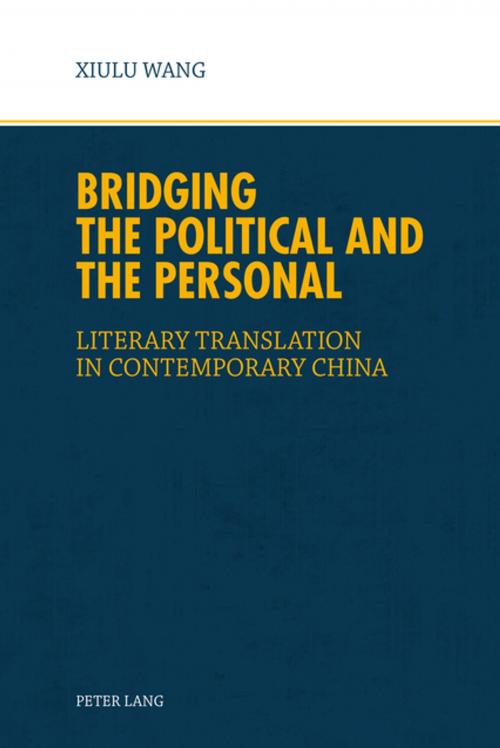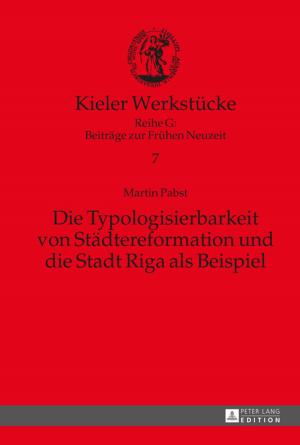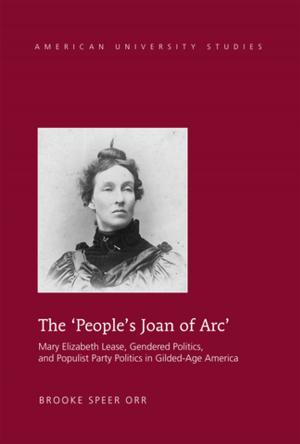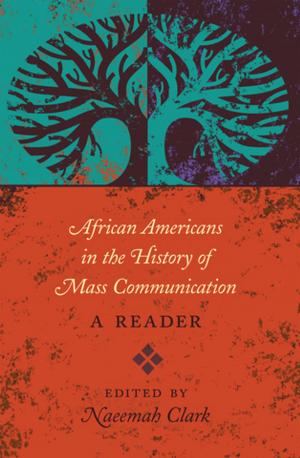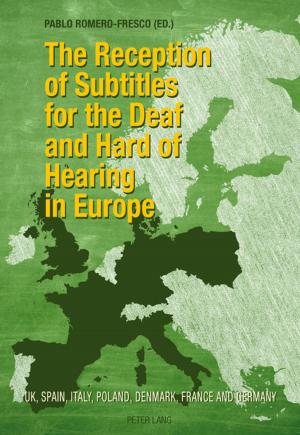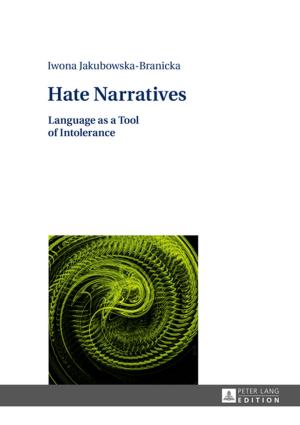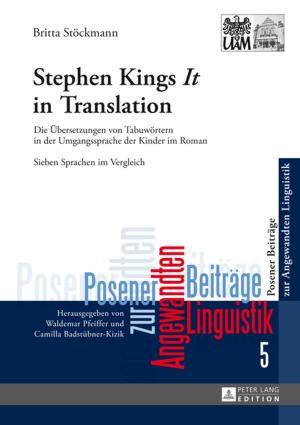Bridging the Political and the Personal
Literary Translation in Contemporary China
Fiction & Literature, Literary Theory & Criticism, Theory, Nonfiction, Reference & Language, Foreign Languages, Language Arts| Author: | Xiu Lu Wang | ISBN: | 9783035198140 |
| Publisher: | Peter Lang | Publication: | December 18, 2015 |
| Imprint: | Peter Lang AG, Internationaler Verlag der Wissenschaften | Language: | English |
| Author: | Xiu Lu Wang |
| ISBN: | 9783035198140 |
| Publisher: | Peter Lang |
| Publication: | December 18, 2015 |
| Imprint: | Peter Lang AG, Internationaler Verlag der Wissenschaften |
| Language: | English |
This book examines literary translation in contemporary China from two perspectives. The first is related to the social and political dimension of translation, which is concerned with the general context of translation, translation practices, literary norms as well as the structures that support them. The second perspective focuses on the more personal dimension, which is influenced by personalities and dispositions of the individuals involved in translation. Moving along the spectrum with the political on one end and the personal on the other, this book asserts that these two are two sharply different yet intimately intertwined domains of translation. It further argues that the dialectical relationship between lived personal experience and structural power relations in translation will provide a base to recognize the centrality of human agency and the possibility of resistance through translation, to understand translation as a site of power struggle and potential change, and finally, to strive for translation research and practice that is both socially relevant and personally meaningful.
This book examines literary translation in contemporary China from two perspectives. The first is related to the social and political dimension of translation, which is concerned with the general context of translation, translation practices, literary norms as well as the structures that support them. The second perspective focuses on the more personal dimension, which is influenced by personalities and dispositions of the individuals involved in translation. Moving along the spectrum with the political on one end and the personal on the other, this book asserts that these two are two sharply different yet intimately intertwined domains of translation. It further argues that the dialectical relationship between lived personal experience and structural power relations in translation will provide a base to recognize the centrality of human agency and the possibility of resistance through translation, to understand translation as a site of power struggle and potential change, and finally, to strive for translation research and practice that is both socially relevant and personally meaningful.
